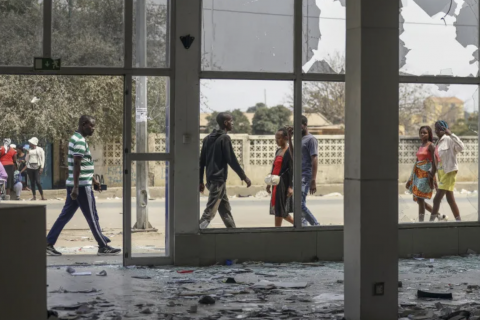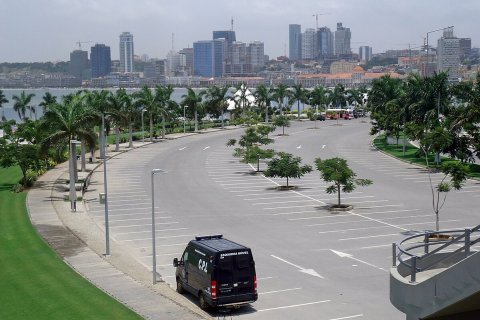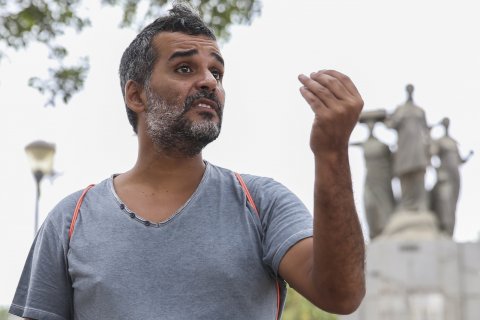"We have a register of all residents in all centralities and we know who pays, when they pay and when they paid. Anyone who doesn't pay is at risk of being evicted, because this citizen's obligation was to come in and pay that rent monthly as stated in the contract", said the person responsible, during a debate on Rádio Nacional de Angola (RNA).
"We are dealing with a legal instrument that has obligations and duties, and if they are not complying with their obligations, we will comply with ours", he added.
On the occasion, Cláudio Fortunato announced that this notification process is scheduled to start in the Vida Pacífica centrality, but will be extended to the rest of the country.
"We chose the Vida Pacífica urbanization to do detailed work and get the numbers, to know who is in debt and who is not. It was a job well done, we are now certain that we can replicate this same action in all other urbanizations, central areas, under the management of the INH and we will indeed extend it nationwide", he pointed out, adding: "A priori, we are only in Luanda and in Vida Pacífica, next month we will launch the same study in the other units that are under the management of the INH".
Also in the debate, the jurist José Rodrigues considered that there is a need to foster the "culture of duty": "It is not enough to just invoke the right, we need to build the culture of duty, the duty to pay the State (...), and the State is also obliged to ensure the rights of citizens so that there is balance (...)".
"The time has come for the State to create an independent regulatory agency to supervise the real estate sector", said economist Paulo Forquilha, who, quoted by RNA, said that this will allow "ensuring that the laws are complied with and that transparency is guaranteed in State transactions".







